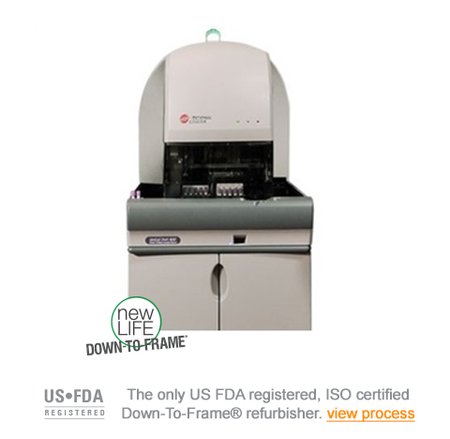The Beckman Coulter AU680 is a high-performance chemistry analyzer designed to meet the demands of mid-to-large-sized laboratories. Investing in this advanced instrument requires careful consideration of costs and the potential return on investment (ROI). This article explores the cost factors, operational expenses, and long-term financial benefits of integrating the Beckman AU680 into a lab’s workflow.
Initial Cost and Installation
The upfront cost of the Beckman AU680 varies depending on factors such as supplier pricing, additional accessories, and service agreements. On average, labs can expect to pay anywhere between $100,000 and $150,000 for a new unit. Installation costs, including calibration, technician training, and software setup, may add a few thousand dollars more to the total investment.
Operational Costs
Beyond the initial purchase, laboratories must consider ongoing expenses associated with the AU680:
Reagents and Consumables: The cost of reagents varies based on test volume but typically constitutes a significant portion of operational expenses.
Maintenance and Repairs: Regular preventive maintenance is necessary to ensure optimal performance. Service contracts range from $10,000 to $20,000 annually.
Energy Consumption: The Beckman AU680 operates with moderate energy usage, but electricity costs should be factored into the overall budget.
Labor Costs: While the AU680 automates many processes, skilled personnel are still required for monitoring and troubleshooting.
Revenue Potential and ROI
The return on investment for the AU680 depends on factors such as test volume, reimbursement rates, and efficiency improvements.
Increased Throughput: With a capacity of up to 1,200 tests per hour, the AU680 can handle high sample volumes, allowing labs to process more tests in less time.
Cost per Test Reduction: Automated workflows and efficient reagent use reduce per-test costs, leading to higher profit margins.
Faster Turnaround Times: Quicker test results enhance customer satisfaction and enable labs to attract more clients.
Regulatory Compliance and Accuracy: The AU680's reliable performance minimizes retests and compliance issues, saving time and resources.
Conclusion
Investing in the Beckman AU680 requires a significant initial expenditure, but its high throughput, operational efficiency, and cost savings contribute to a strong ROI over time. Labs processing large test volumes can benefit significantly from reduced costs per test, increased revenue, and improved workflow efficiency. Careful financial planning and analysis of expected test volumes are essential to determine if the AU680 is a viable investment for a specific laboratory setting.





